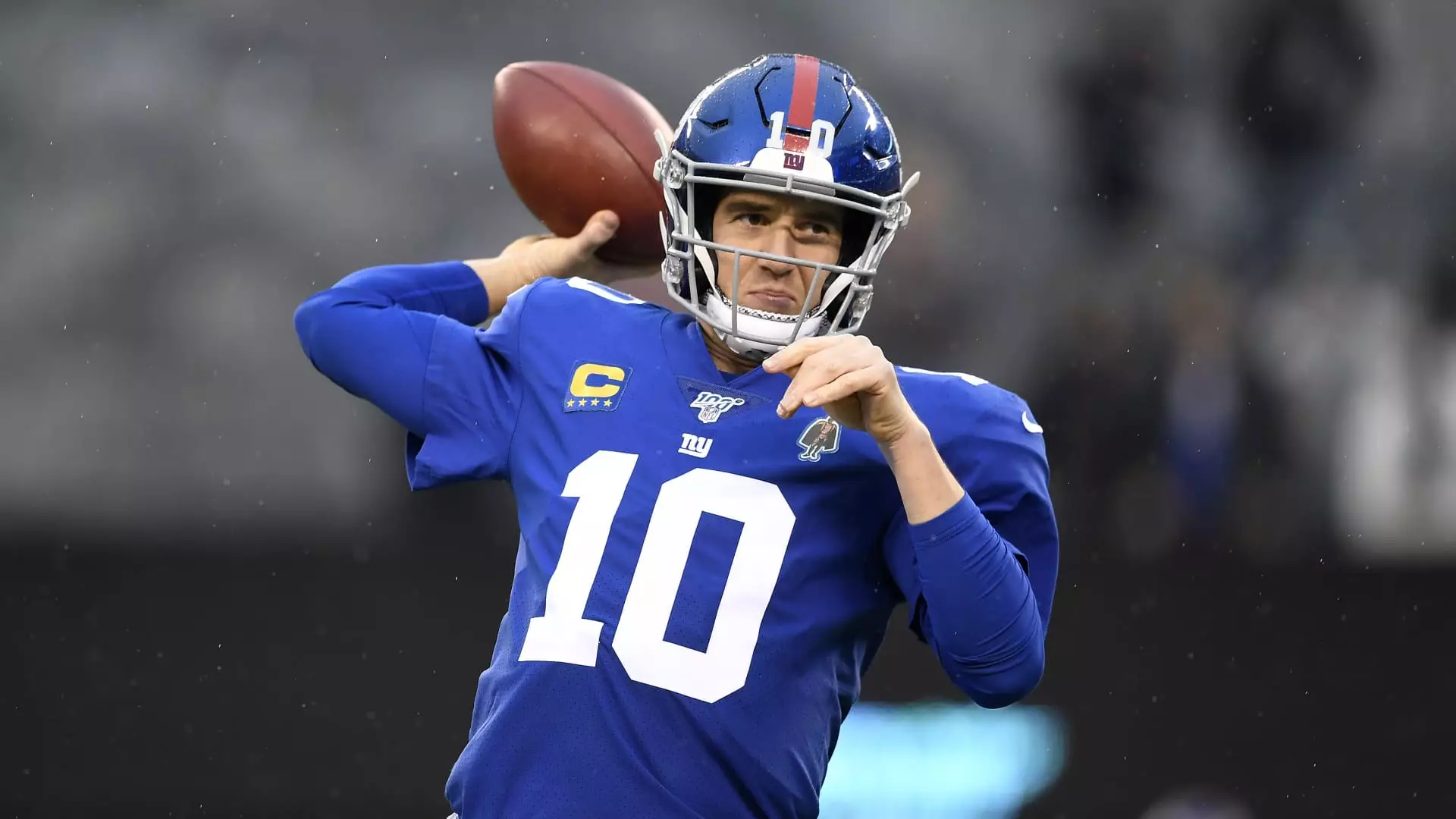Eli Manning’s candid admission that he’s “priced out” of owning a stake in the New York Giants exposes a profound truth about the escalating costs associated with NFL team ownership. The once-exclusive realm of team ownership has transformed into a playground for billionaires and hedge funds, creating a widening gap between traditional aspirations of former players and the reality of the league’s soaring valuations. Manning’s statement isn’t just about personal financial constraints; it’s a window into systemic issues that threaten the integrity of the league’s democratic ownership structure.
The staggering valuation figures serve as proof of this growing inequality. Teams like the Giants, Eagles, 49ers, and Lakers are trading at historical highs, often outpacing generic economic growth and inflating team worthments into the realm of fantasy for most individuals outside the ultra-wealthy elite. These numbers aren’t arbitrary—they reflect an industry transformed into a lucrative financial apparatus, where the primary beneficiaries are already privileged investors and corporations, leaving former players like Manning on the sidelines.
The Economics of Power and Influence in Professional Sports
The impossibility of players like Manning to enter ownership circles underscores a troubling paradox within the NFL: the league’s growth is driven by its deep-rooted community and player connection, yet its ownership remains an exclusive club. This disconnect compromises the league’s image as a sport rooted in patriotism, community, and opportunity. Instead, it becomes a high-stakes investment arena that favors wealth accumulation over meaningful participation, further entrenching social and economic divides.
Manning’s emphasis on the valuation—pointing out that a mere 1% stake could be valued at $10 billion—highlights how ownership is more of a financial status symbol than an opportunity for former athletes to capitalize on their legacy. The NFL’s decision to allow private equity firms to buy stakes up to 10% only intensifies this disparity, turning franchise ownership into a continuous auction guided by the booming valuation trend rather than the league’s sporting traditions or community values.
Ownership Barriers as a Reflection of Society’s Inequality
Eli Manning’s refusal to further pursue team ownership also raises essential questions about what this industry signals about economic mobility in America. Despite being one of the most recognizable and successful NFL figures, Forrest Gump-like, he is unable to access the same opportunities as the ultra-wealthy, simply because the market is now an exclusive domain. His situation symbolizes the shrinking middle ground—those with fame, history, and talent are increasingly priced out of the power structures they helped build.
Furthermore, the sale of minority stakes in teams like the Giants or 49ers—often driven by the families that have historically owned these franchises—illustrates a consolidation of wealth and influence within a select few. The fact that entities like private equity firms can now influence franchise decisions and valuations reveals an unsettling trend: the dynamics of football are mirroring broader societal inequalities, where access to elite investment vehicles is reserved for the privileged few, not the passionate or the talented.
Implications for the Future of NFL Ownership and Leadership
Manning’s departure from ownership considerations signals a pivotal shift—player legacy and community roots are no longer enough to secure meaningful participation in the league’s financial architecture. This raises concerns about the league’s long-term sustainability and its connection with fans, many of whom are weary of the commercialization overshadowing the sport’s original virtues.
As NFL ownership becomes increasingly commodified, the league risks alienating generations of fans whovalue authenticity and accessibility. While figures like Manning will remain influential voices in football, their inability to transition into ownership roles reflects a broader societal question: how much are we willing to sacrifice opportunities for meaningful participation in favor of profit maximization? The current trajectory suggests that the NFL, and professional sports at large, are veering away from being accessible platforms and into mere high-stakes investment ventures—a shift that could diminish the very essence of what makes these leagues culturally significant.

